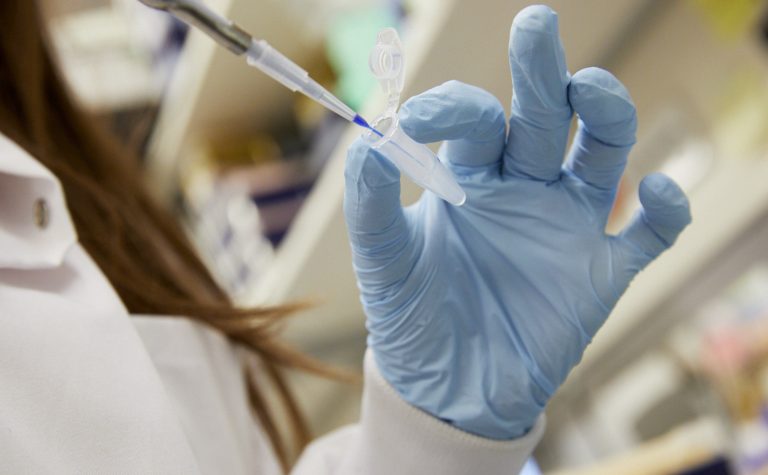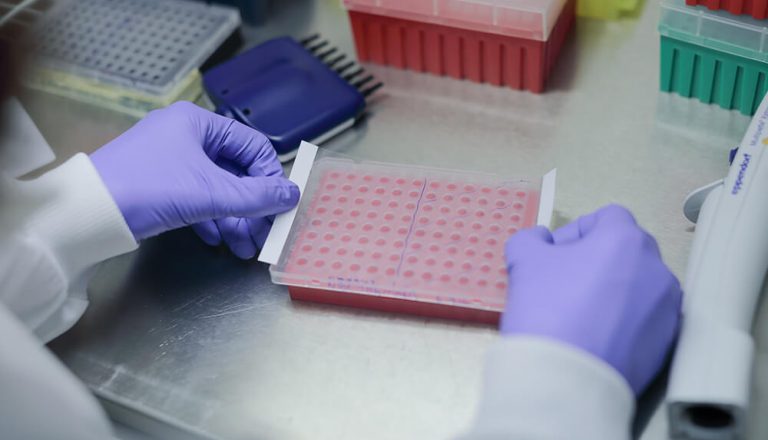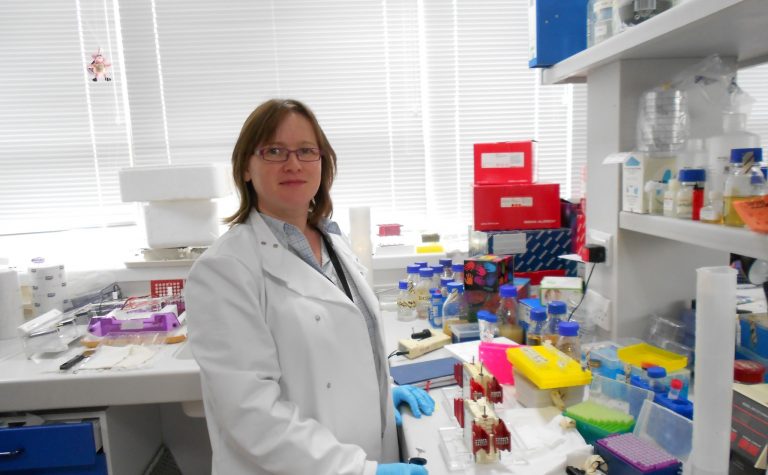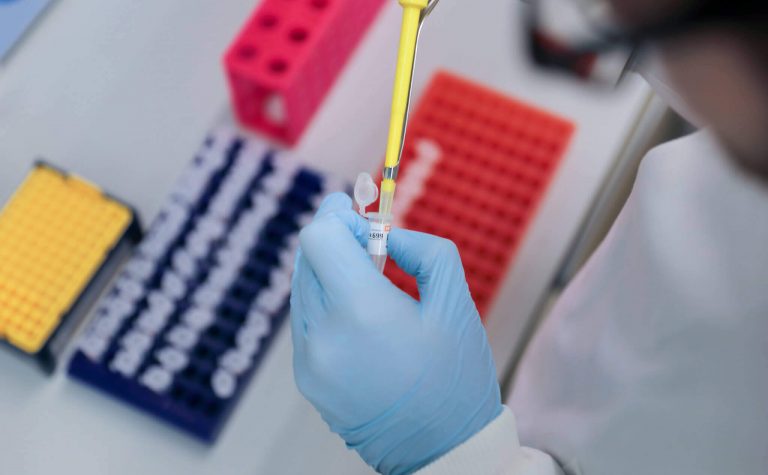Fanconi anaemia (FA) is a rare, inherited blood disorder that leads to bone marrow failure. Children with FA have a greatly increased risk of developing leukaemia. Dr Meyer’s research focuses on a gene called EVI1 which is involved in the development of leukaemia in children both with and without FA. He wants to understand how the FA genetic defect works together with EVI1 in leukaemia development.
Thank you
This research project on gene EVI1 in children with Fanconi anaemia has been successfully completed. Your donations allow us to fund ground-breaking research that can improve treatments given to children with cancer. Thank you. Your help allows us to continue to find ways to drive up the chances of survival for children with cancer and reduce the toxic side effects that can affect the rest of their lives.




